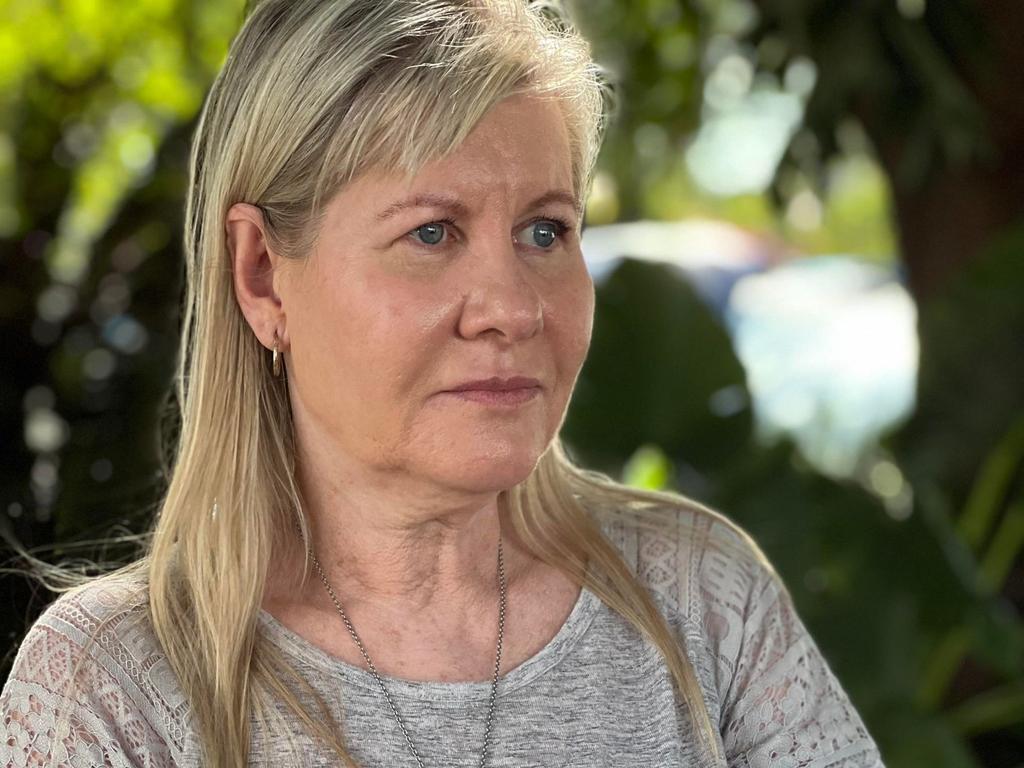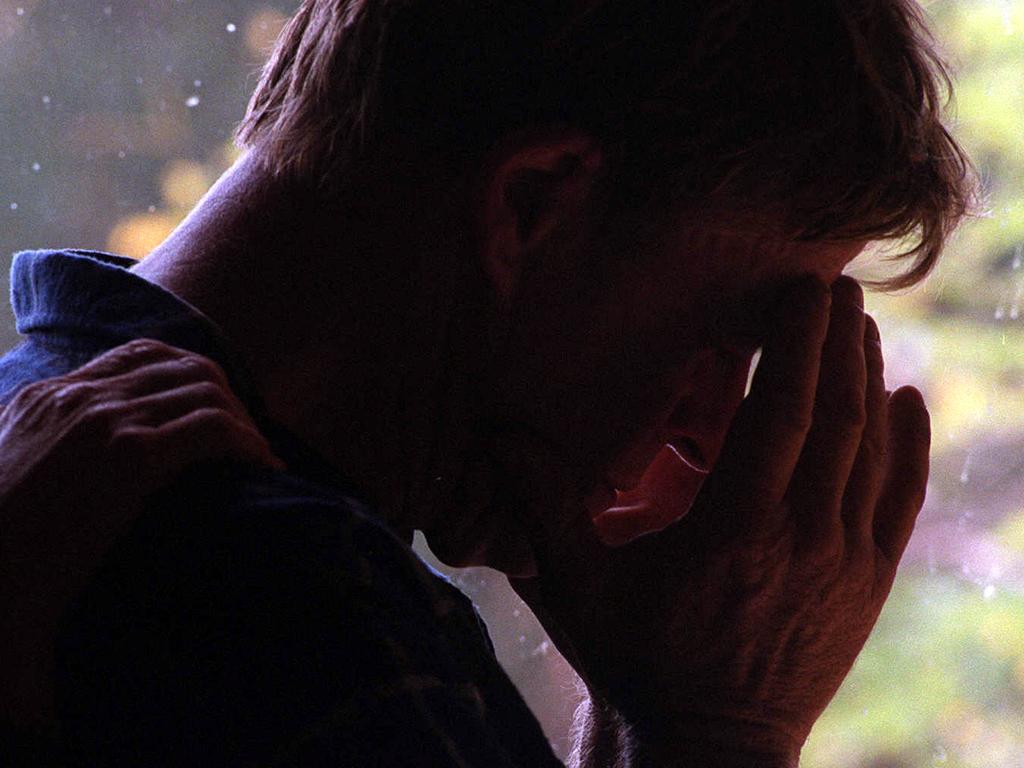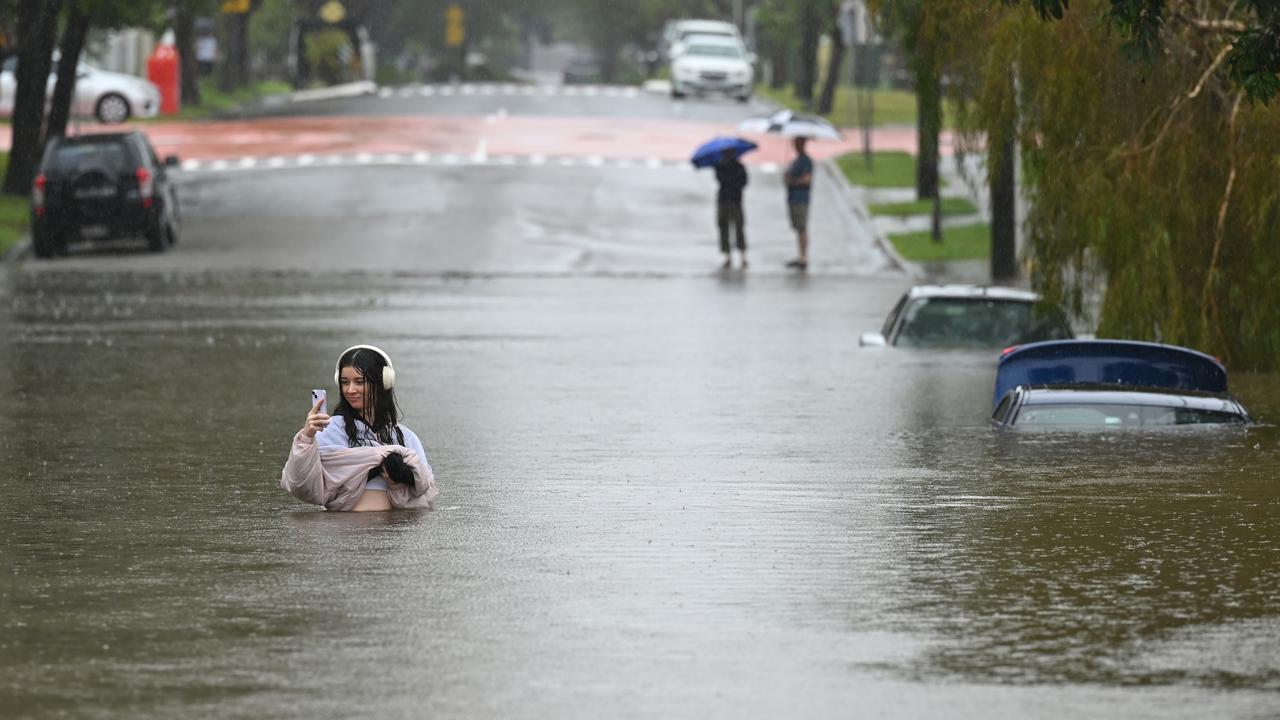Disciplinary system ‘weaponised’ against military who complain
The Defence Department has been called out for looking out for itself instead of the welfare of our past and serving ADF members.
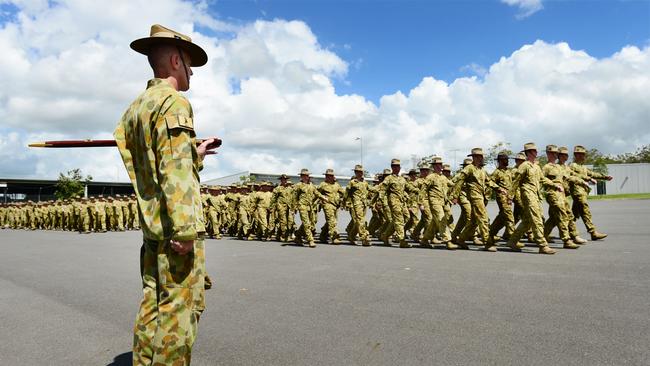
Australia’s military disciplinary system has been “weaponised against those who complain”, contributing to the trauma among the nation’s serving and former defence population, Defence and Veteran Suicide Royal Commission chair Nick Kaldas warns.
And “Defence’s default position is to defend Defence” in its response to a national tragedy of an average three suicides a fortnight among former and serving Australian Defence Force personnel over the past decade, fellow commissioner Peggy Brown says.
The commissioners will on Wednesday address the ceremonial closing of the royal commission, which has spent more than three years investigating the cultural and systemic issues behind the high suicide rate and poor mental wellbeing of past and serving ADF members.
Between 1997 and 2021 at least 1677 serving and ex-serving personnel died by suicide, more than 20 times the number killed in active duty over the same period.
Mr Kaldas, a former NSW Police deputy commissioner, will call on governments to end the “bureaucratic inertia” that has exacerbated the crisis.
“The men and women of the ADF have done all we ever asked of them. They have worn the uniform, many have gone where angels fear to tread, and too many have paid a very dear price, up to the ultimate sacrifice. Our nation is indebted to them and that debt must now be repaid,” he says.
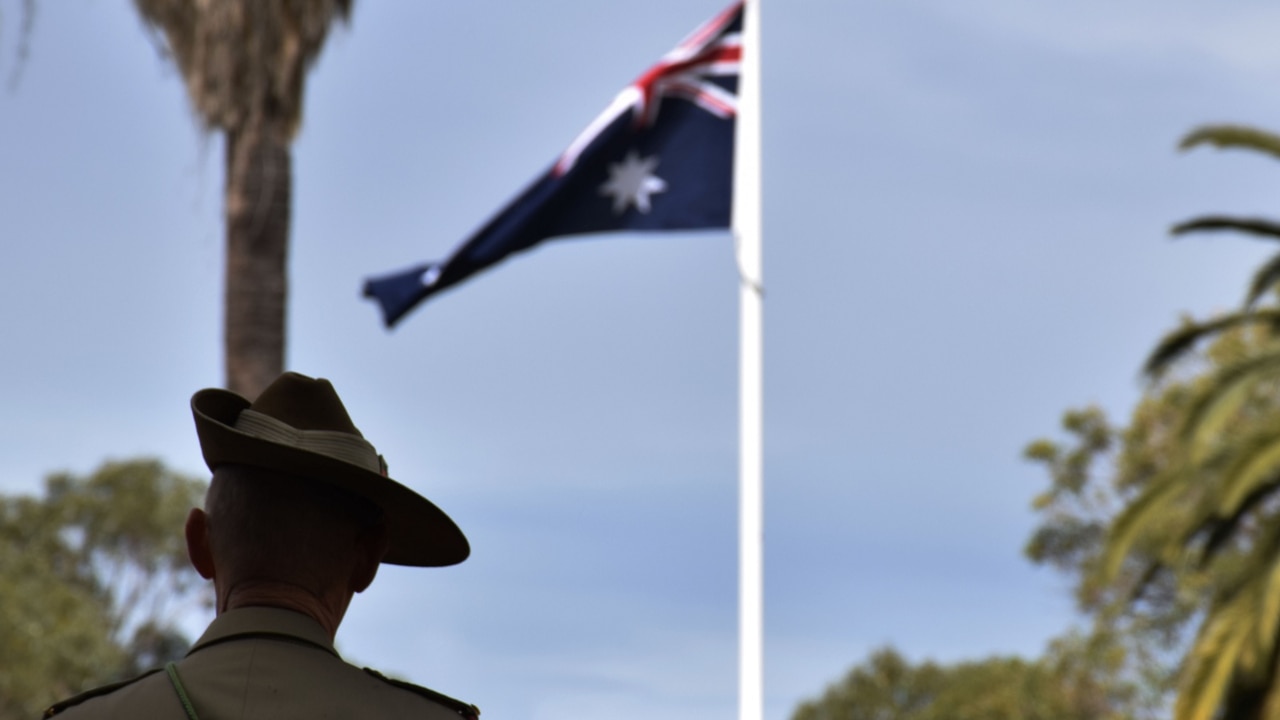
“We call on this government and succeeding governments to finally take the courageous step of overruling bureaucratic inertia and doing what is needed, what is necessary and what is right.”
Mr Kaldas will say the evidence before the commission through almost 6000 submissions, 886 private sessions and 346 witnesses had put the problems faced by serving or former military personnel “beyond dispute”.
“From unacceptable behaviour, to sexual and other forms of abuse, to the disciplinary system being weaponised against those who complain … to delays and unfair treatment in the DVA claims processes, all of these factors have led to the trauma experienced by the thousands of people this royal commission heard from,” he says.
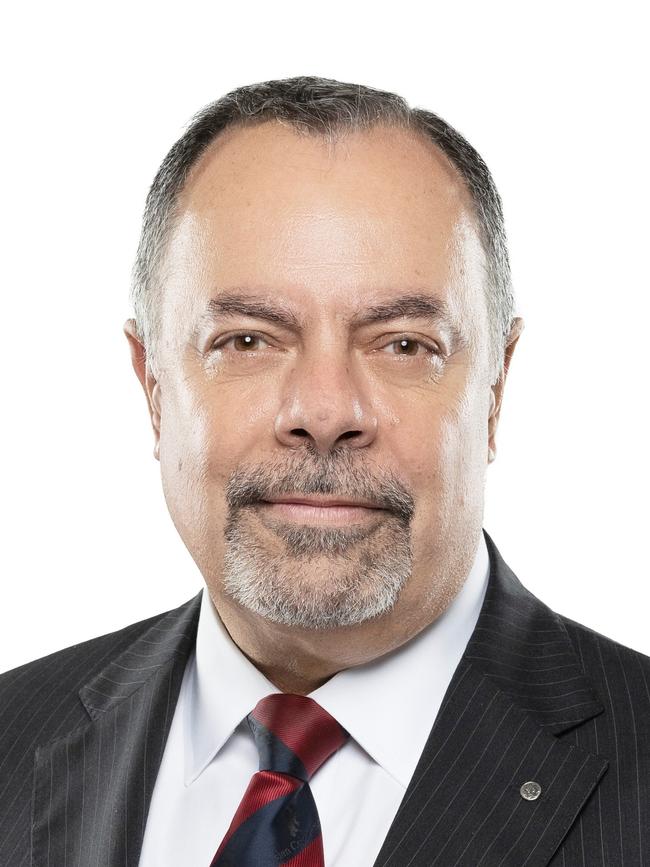

Despite at least 57 previous inquiries or reviews into Defence and veteran suicide over the past 30 years identified by the commission, there has been no improvement in the suicide rate.
Dr Brown, a former national mental health commission chief executive, said history has shown the Defence and Veterans Affairs departments can’t be trusted to resolve these issues internally.
“We have seen too often that Defence’s default position is to defend Defence, and too much evidence of ‘busy work’ at both Defence and DVA giving the appearance of implementing change, when in reality they have only served to perpetuate old ways of operating,” she said.
“In the last six months, we have at last heard senior Defence leaders acknowledge the nexus between service and the risk of suicide, and commit to change.”
In March former ADF chief General Angus Campbell addressed the commission to offer an unreserved apology for deficiencies in providing wellbeing support for veterans during and after their service.
The commission will deliver its final report to the Governor-General on September 9. It has flagged the need for a new oversight body to monitor the implementation of its recommendations.
Former army doctor Daniel Mealey, who testified before the commission, said he hopes it will make recommendations around earlier intervention.
“There’s a narrative that our problems are all psychiatric, but from my experience and from speaking to many of my former colleagues that’s not the case,” he said.
“At the moment there’s a lot of time and money, indeed there’s a multimillion-dollar industry, on providing downstream care and support services for veterans, but there’s not enough of an examination on the upstream causes of their distress, one of which is often defective defence leadership.”
Dr Mealey told the commission that he was a fifth generation military man who was posted to Afghanistan as a recently graduated doctor. He found himself treating seriously injured soldiers, often US military, and required to perform emergency medical procedures that were beyond his medical and surgical training.
He said requests to his commanders for support to upgrade his training weren’t answered, and his application to do further study outside the military was punished by his chain of command, leading to his military career eventually being terminated.
“I’m hoping the commission recommends some form of internal defence body that offers current serving personnel and veterans the opportunity to resolve all legal, administrative and other service challenges, before those challenges become psychiatric ones,” Dr Mealey said.
“Defence should be the gold standard of corporate responsibility, but at the moment there is no internal nor external mechanism scrutinising leadership decisions.
“Instead the Defence Force gets very defensive about any criticism or even analysis of errors.
“This is unfortunate because people in the military can often be just as affected by this when it comes to suicide as they are by what they’ve been through in combat.”


